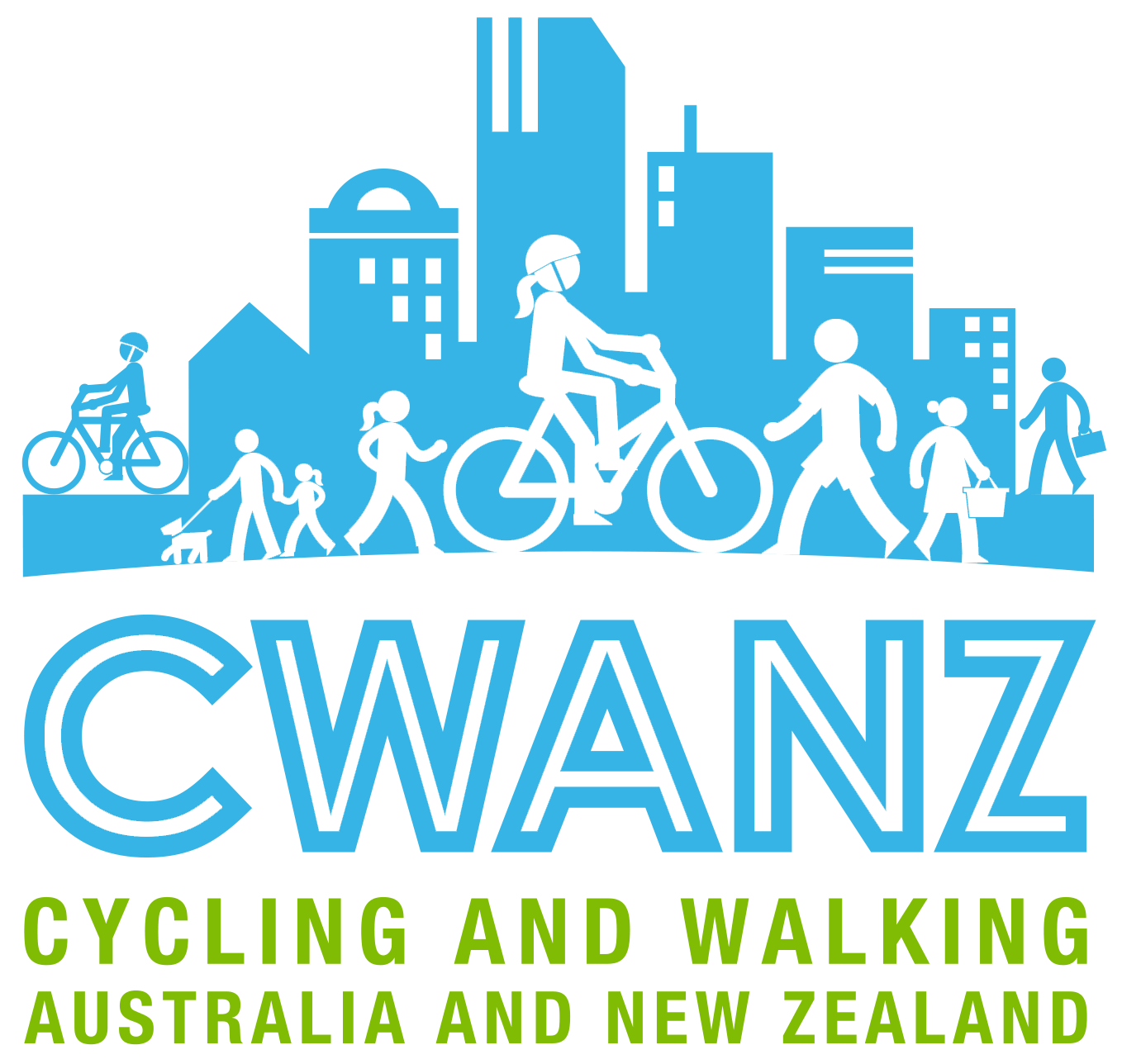Successful cycling policies and programs in regional centres and smaller cities in the UK, Denmark, Sweden, Norway and France
CWANZ member Jo Cruickshank was awarded a 2017 Churchill Fellowship to investigate successful cycling policies and programs in regional centres and smaller cities in the UK, Denmark, Sweden, Norway, the Netherlands and France. The project aimed to investigate how and why cycling has become a mainstream transport option in these towns and cities and to share this knowledge on my return to Australia.
The key findings were:
- Strong political support is essential. Appointing a high-profile spokesperson and advocate for cycling such as the Commissioners for cycling in London and Manchester has been very influential. Support from local mayors has been a catalyst for action in cycling in many cities. Local champions are needed to understand the issues and lead change.
- Cycling plans and strategies at all levels of government are important to commit to a vision and communicate targets and outcomes. Consistency of policy is critical to sustain change.
- Data is an essential tool and monitoring and measuring levels of cycling is important to demonstrate success, engage decision makers and the community and plan for the future.
- Making cycling a faster, easier and more convenient choice for short journeys is fundamental to increasing levels of cycling. Many cities achieve this by restricting vehicle access through city centres and residential streets.
- The most liveable cities are also cycling cities.
- Cities without cars are thriving, but unbelievably quiet.
- Cycling networks which are useable by eight year-olds and by 80 year-olds are useful for everyone who wants to ride a bike.
- A connected network of separated cycling infrastructure is a key requirement for improving perceived safety and increasing levels of cycling.
- Cycling infrastructure doesn’t have to be grand and shiny, it just has to provide a safe and connected space for cycling.
- Urban speed limits can have a significant impact on levels of cycling. In the Netherlands, all local streets have a 30 km/h speed limit.
- High quality, convenient bike parking is important and strong bike parking policies for new developments and buildings are essential.
- Effectively integrating cycling and public transport can extend the benefits of cycling to longer trips.
- Strong advocacy is really important, those cities with strong campaign groups drive change and demand political support. However, where there is little or no local advocacy, there is potential to build support through social media networks.
- E-bikes have significant potential to extend cycling distances and attract more people to cycling.
- Infrastructure is important, but behaviour change programs to support the provision of new infrastructure are equally important. Behaviour change programs also need to be ongoing to maintain momentum.
- Universities can be a catalyst for providing cycling infrastructure and significantly increasing levels of transport cycling. Many cycling cities are university cities.
- Climate may have an impact on cycling, but where appropriate infrastructure is in place to support cycling, this impact should not be overstated. Most climatic impacts can be mitigated.
- A bike culture is developed, this may take time, but even the most car orientated cities can become cycling cities with appropriate interventions.
Contacts
Executive Officer
